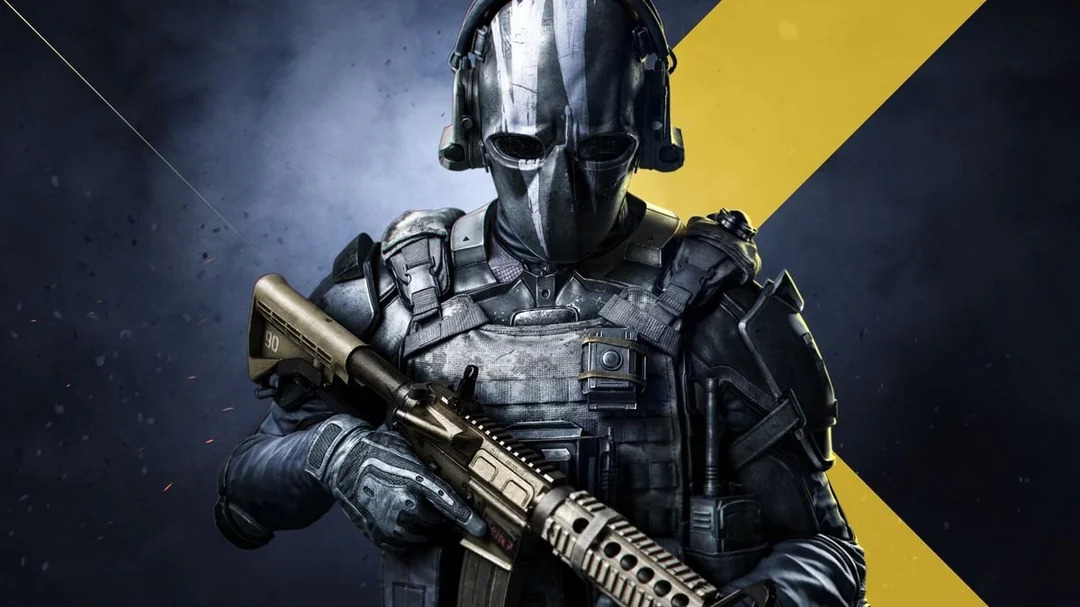Stop me if you’ve heard this one before: A major publisher launched a live-service game intended to compete with one of a small handful of industry-eclipsing giants. It did not immediately succeed to the tune of tens or hundreds of millions of dollars. Now studios are shutting down and workers are getting laid off. Just another Tuesday in the video game industry.
The latest victim of what’s effectively become a cycle is Ubisoft’s XDefiant – or rather, the people who made the recently-released game and, in doing so, followed management’s ill-advised edict to swipe a slice of pie from Call of Duty’s endlessly mashing maw. By many measures, the free-to-play shooter, which featured factions from a veritable rainbow of wrung-dry IPs like Far Cry, The Division, and Watch Dogs, was solid, a “perfect antidote to those tired of Call of Duty’s modern-day bloat,” according to PC Gamer. But as we’ve seen time and time again, “solid” doesn’t convince millions of people to abandon habits and communities they’ve spent years building up in whichever game rules the roost.
“Solid,” at best, inspires brief curiosity, which is why executive producer Mark Rubin was today able to boast that “we broke internal records for the fastest game to surpass 5 million users and in the end we had over 15 million players play our game” while the Ubisoft mothership declared that it’s pulling the plug on the game, shutting down studios in San Francisco and Osaka, planning to “ramp down” another studio in Sydney, and potentially lay off hundreds of workers.
“Unfortunately, the discontinuation of XDefiant brings difficult consequences for the teams working on this game,” Ubisoft chief studios and portfolio officer Marie-Sophie de Waubert wrote in a post on the company’s official site. “Even if almost half of the XDefiant team worldwide will be transitioning to other roles within Ubisoft, this decision also leads to the closing of our San Francisco and Osaka production studios and to the ramp down of our Sydney production site, with 143 people departing in San Francisco and 134 people likely to depart in Osaka and Sydney. To those team members leaving Ubisoft, I want to express my deepest gratitude for your work and contributions. Please know that we are committed to supporting you during this transition.”
This masterpiece in refusing to name the parties responsible – Where are the “difficult consequences for teams working on the game” coming from, de Waubert? Who is making these decisions? Certainly not the workers themselves – harks back to similarly grim ends met by Concord and Redfall, as well as unannounced games from companies like Blizzard and Sony that never even got the chance to launch and face off against their genre’s respective entrenched boogeymen.
The triple-A strategy of trying to muscle in on the turf of giants with just a brand portfolio and a dream, only to throw up your hands when you don’t strike gold after a few months, is a dead end. The Ubisofts of the world cannot keep doing this. And yet:
“Developing games-as-a-service experiences remains a pillar of our strategy,” wrote de Waubert, citing successful series like Rainbow Six, The Crew, and For Honor, the most recent of which began in 2017, all of which arguably tried to do something unique, and all of which were given actual time to find their footing. “It’s a highly competitive market, and we will apply the lessons learned with XDefiant to our future live titles.”

